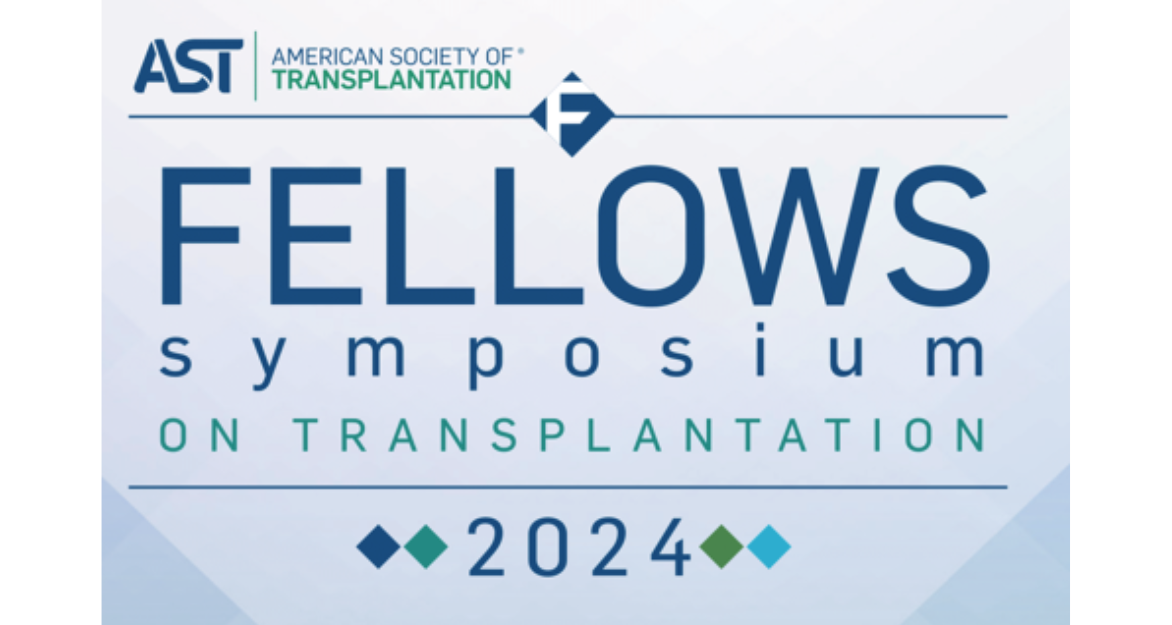MedStar Health: Advances in Liver Disease and Transplantation 2017
April 1, 2017 07:00am EDT
Saturday, April 1, 2017 7:00 AM - 5:00 PM Hyatt Regency Bethesda, Bethesda, MD
Family Medicine, Gastroenterology, Internal Medicine, Nephrology, Nursing, Pathology, Pulmonary Medicine, Radiology, Surgery - General
Liver diseases and associated complications remain a significant source of morbidity and mortality in the United States. Chronic liver disease can lead to the development of both cirrhosis and hepatocellular carcinoma with liver transplantation as the only life saving option. Significant advances have been made or are on the immediate horizon for liver diseases such as hepatitis C, hepatitis B and non-alcoholic fatty liver disease. These advances, if disseminated to patients in need, have the possibility of affecting the burden of liver diseases in the US.
Information about evidence-based recommendations for screening, diagnosis, and treatment of patients with liver diseases is important in order to provide optimal care and appropriate triage of patients. Clinical skills to manage patients with cirrhosis and hepatocellular carcinoma are increasingly important to care for patients who suffer from these diseases and to ensure their stability prior to liver transplant. Additionally, information about the indications and contraindications to liver transplantation is imperative in order to provide timely referral, evaluation, and listing for transplantation. Practitioners outside of liver transplant programs will be increasingly called upon to manage medical problems in patients who have undergone liver transplantation and will benefit from understanding the management of these patients.
Patients with acute and chronic liver diseases are at risk for a variety of hematologic disorders such as increased bleeding and thrombotic events. Furthermore, physicians are frequently called upon to provide recommendations about surgical risks in patients with compensated and decompensated cirrhosis. Additionally, patients with a variety of liver diseases are at risk for acute kidney injury and chronic kidney diseases. Up to date information on liver transplant topics relevant to community practitioners will be highlighted. Through this course, the gap between best and current practices will be closed in order to provide the best care to patients, reduce morbidity and mortality, and reduce the burden of liver disease in the Mid-Atlantic region.
Target Audience
This conference is intended for gastroenterologists, general surgeons, bariatic surgeons, internists, nephrologists, hepatobiliary surgeons, surgical oncologists, medical oncologists, hepatologists, primary care physicians, residents and fellows, advanced practice clinicians, physician assistants, nurse practitioners, nurses, and healthcare practitioners interested in the care of patients with liver diseases.

